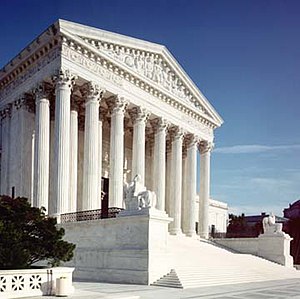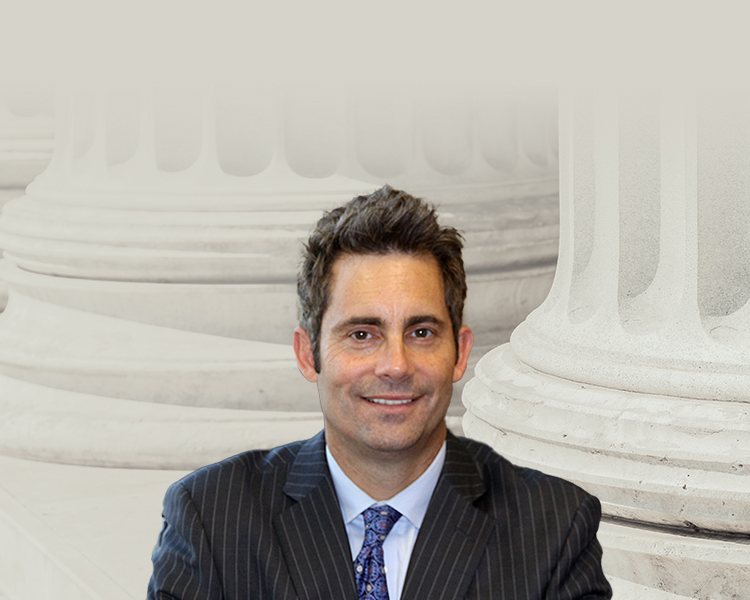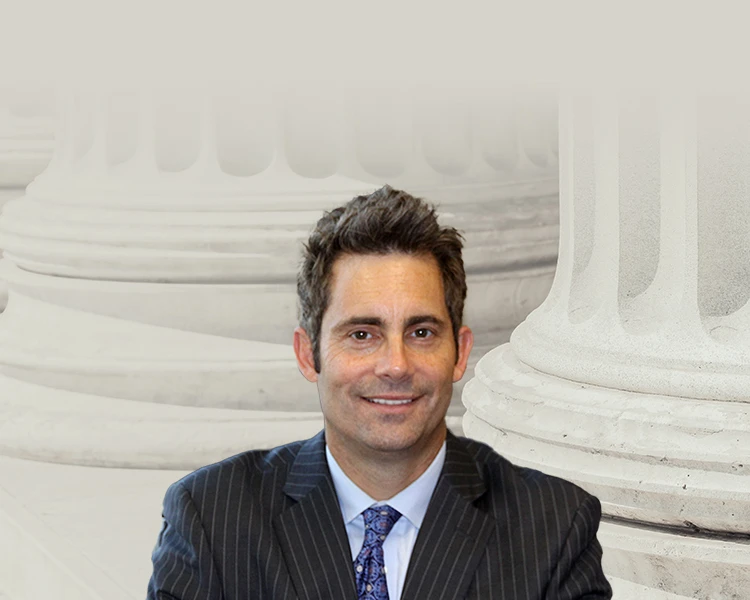- Free Consultation: (714) 547-4636 Tap Here to Call Us
U.S. Supreme Court Says: No Forced Blood Draw in Drunk Driving Case Without Warrant

On April 18, 2013, the United States Supreme Court made a ruling that directly affects Drunk Driving Cases in California and across the country. The Supreme Court case is Missouri v. Mcneely, 2013 DJDAR 4918. Previous to this court ruling it was generally held that if a driver suspected of driving under the influence of drugs or alcohol refused a chemical test then he could be forced to give blood without requiring a warrant from a judge. In its most extreme, the driver could actually be forcibly strapped to a chair and blood drawn from his body, all without a warrant. This meant that the officer involved in the arrest would make the decision on whether to conduct a “search” of the driver’s blood by piercing his skin to extract the blood.
It is well established that a search inside one’s body is a search protected under the 4th Amendment to the Constitution. As such, a warrant must issue from a judge to allow the search to occur. There are various exceptions to the warrant requirement to include if the person consents to be searched or if exigent circumstances exists. Exigent circumstances refers to a situation that requires an immediate search out of fear that the evidence may not be available if law enforcement has to wait for a warrant.
In drunk driving cases the exigent circumstance that commonly exist is the dissipation of alcohol (or drugs) from the blood of the suspect as time passes. There is no debate that the liver will eliminate alcohol from the suspect’s blood at about the rate of one drink an hour for a 175 lb man. So, the more time that passes between the time of driving and the blood test may cause law enforcement to lose evidence needed to make their case.
In the Mcneely case, the Supreme Court decided that from now on, the natural dissipation of alcohol from the blood is no longer an automatic exigent circumstance making a warrant unnecessary. Each case must be decided on its individual merit when deciding if a warrant should have been procured. The court noted that technology is such that a warrant could be issued by telephone and therefore relatively quickly without unduly compromising law enforcement’s ability to gather evidence. Until the Supreme Court’s decision, alcohol dissipating from blood was considered an exigent circumstance where no warrant was required in California. That is no longer the law.
Practically speaking however, this decision may not change how drunk driving cases are handled. Most people will probably still consent to a chemical test (blood or breath) because a refusal can lead to a 1 year license suspension by the DMV irrespective of what happens in court. To most people the license suspension is worse then a misdemeanor conviction for drunk driving, especially in far flung, car dependent Southern California. In order to accommodate the Supreme Court decision the county courts will probably designate judges to be on 24-hour call in order to evaluate whether a warrant should issue in a drunk driving case. In fact, Orange County already has a 24- hour judge on call for the purpose of deciding bail. While judges will certainly not be happy about having to deal with making a warrant decision at 3:00 am because a Newport Beach reveler drank too many and got in his car, it will probably be considered only a minor inconvenience in the end.










